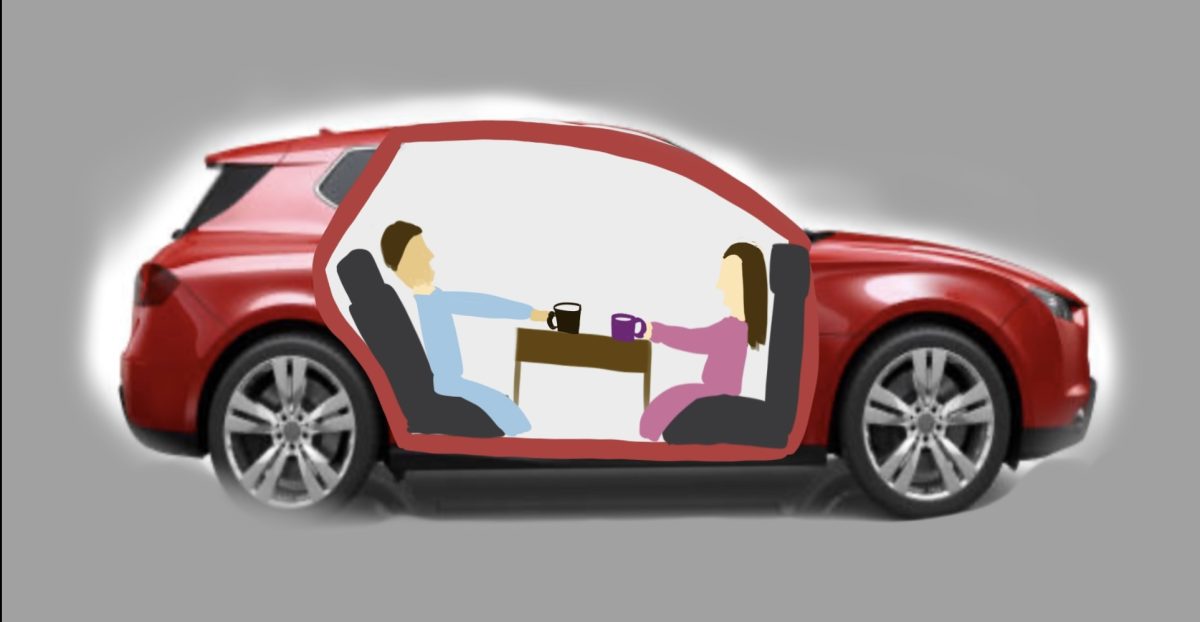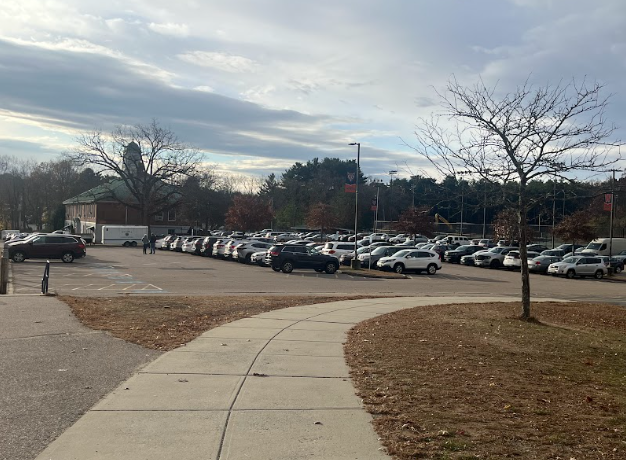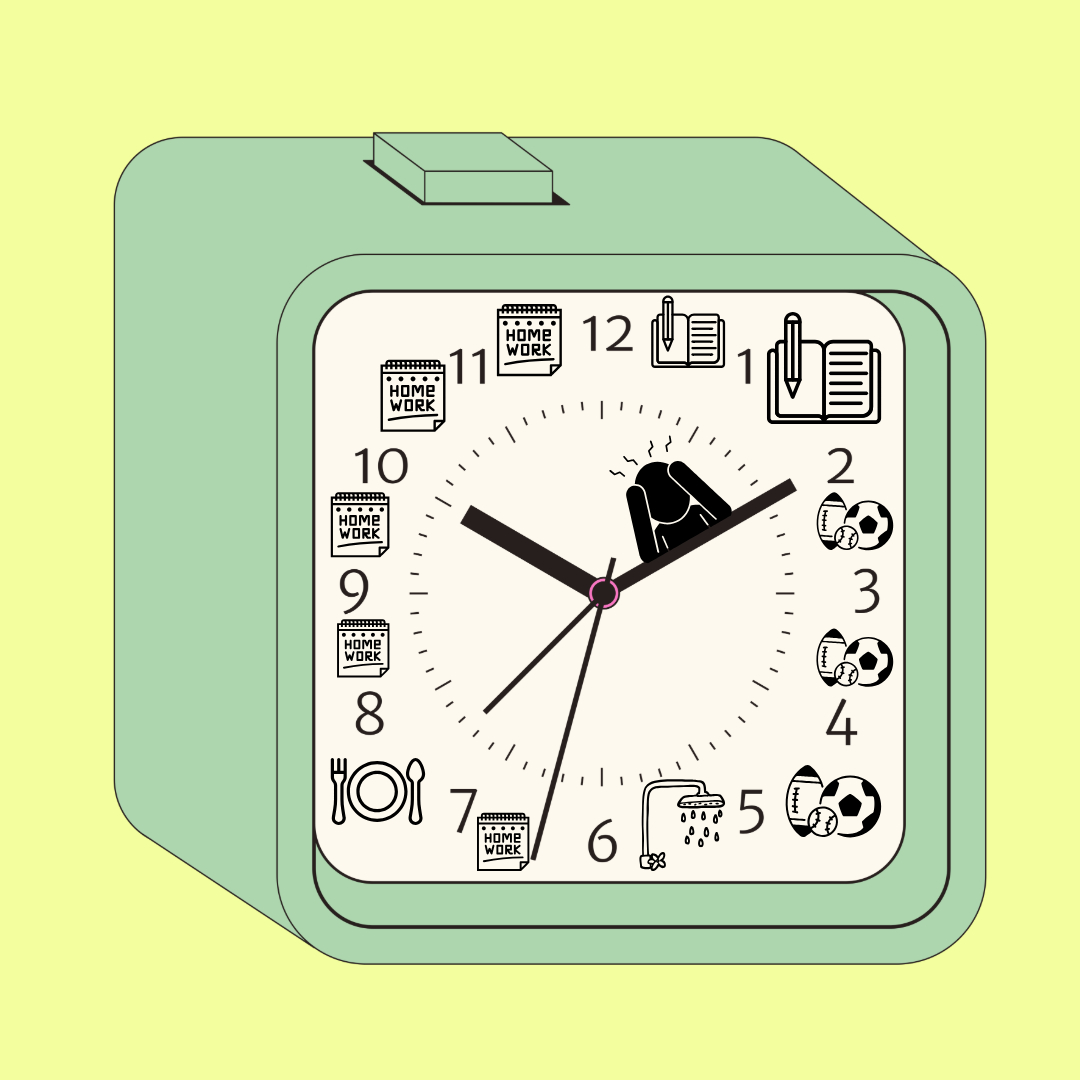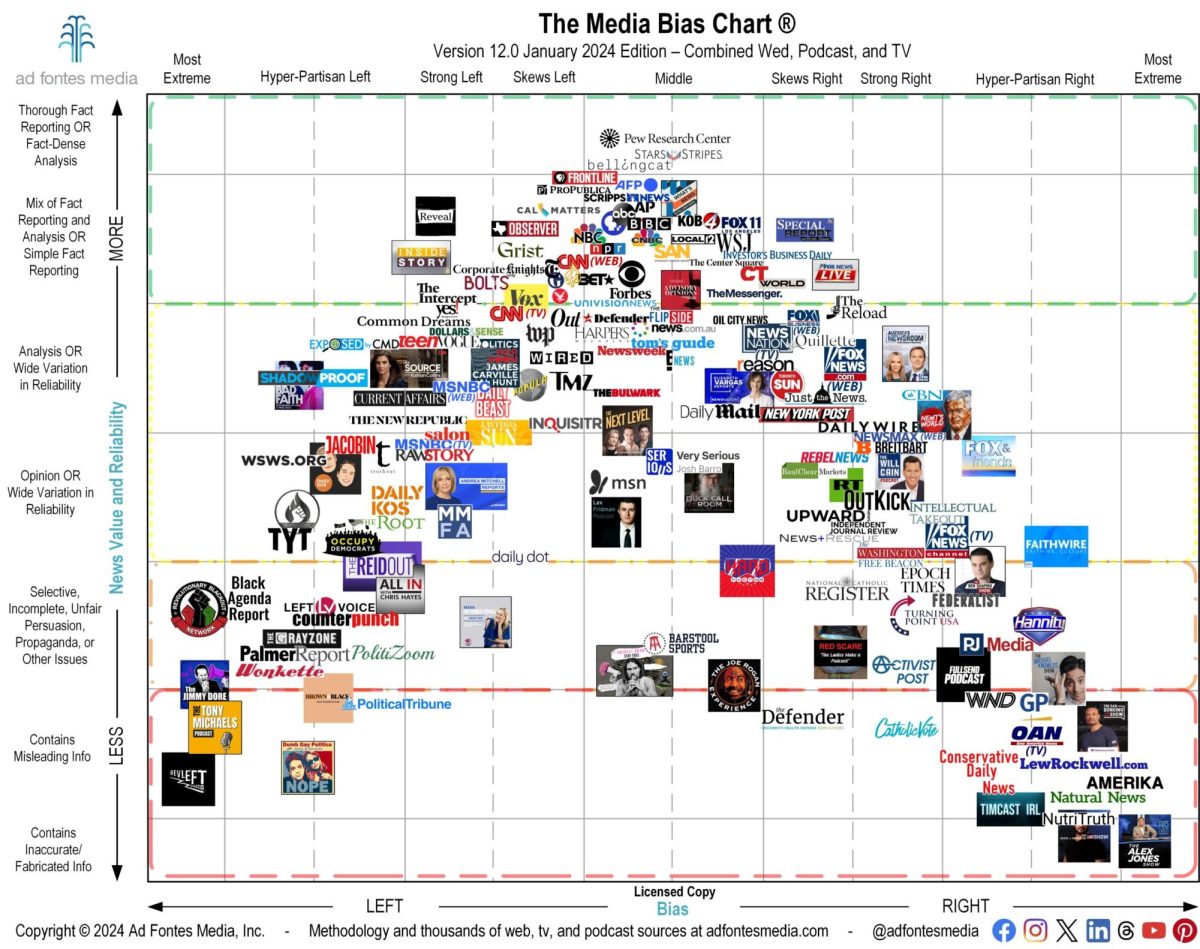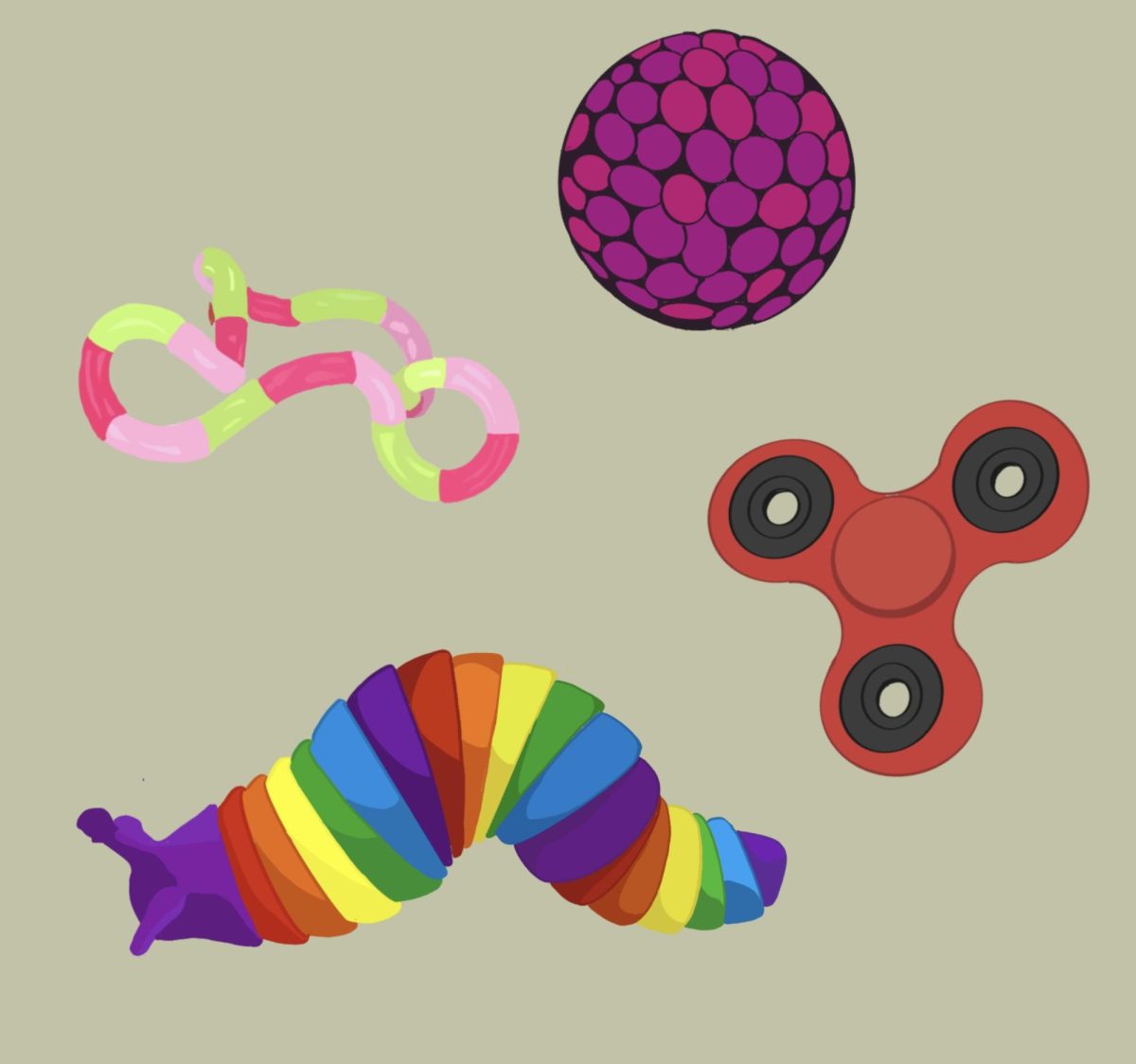If you are born after 1996, welcome! You are officially a member of the iGen. We are known for our raging narcissism, our frequent complaining and use of Snapchat to send explicit pictures on the daily! Don’t mind my humorous tone, but in all seriousness, if you are currently a high school or college student, it is likely that you have been associated with one or more of these qualities by your teachers, by your relatives and by media outlets across the country. Whether one would like to admit or not, the iGen gets a lot of criticism for topics including—but not limited to—obsessive social media use, excessive complaining and fragile trigger warnings. Therefore, allow me, a selfie-obsessed and overly sensitive member of the iGen, to break down some of these misconceptions about my fellow Instagram users.
Yes, I have Instagram, Snapchat and VSCO. Yes, I know I spend too much time on these social media outlets. I am not going to deny the fact that my generation has a phone use problem. I know that; in fact, I even made a documentary about that. However, I have heard too many of my teachers tell my peers that “us kids” only care about our “snapgram followers” and iPhones. Contrary to popular belief, there is more to us kids than our social media presence. Rather than solely care about our frivolous profiles, we have gone lengths to spread our political ideas and voice our beliefs on current social and political issues. Now more than ever, it seems that young kids are becoming political and social activists, even in Walpole High. On March 24, WHS students from all four grades joined The March For Our Lives to promote change for the U.S.’s existing gun laws. For two consecutive years, Walpole students have taken their social beliefs to the Boston Commons, participating in the national Women’s March. Just this year, juniors Lily Ahmed and Erin Mouradian started their own intersectional feminism club with Walpole High history teacher Jamie O’Leary, where any student is welcome to come and discuss issues regarding gender inequality. Junior Katie Hurwitz is also president of the Random Acts of Kindness Club, an organization devoted to spreading positivity to others.
Another term for the iGen? Generation Snowflake. “Snowflake” is defined as a young person who is perceived to be too sensitive, easily offended and weak—and according to society, my generation is full of them. This claim comes as a result of the terms “trigger warnings” and “safe spaces,” both of which have been created to prohibit individuals from talking about subjects that might make another student feel uncomfortable or excluded. The end goal of these terms was to ensure the inclusiveness of all; however, the creation of these safe spaces has depicted the iGen as overly sensitive rather than all-inclusive. Throughout my 12 years in Walpole Public Schools, I have had a myriad of assemblies about bullying, and these usual talks ended with the emphasis on including everyone. We were encouraged to be inclusive, yet now we are criticized for being inclusive. My only questions here are: Why is being empathetic now a bad thing? When did being sensitive become an insult? I am told that my generation is increasingly becoming more caring of others—and I agree, but is there anything wrong with that? Society cannot promote social movements that improve empathy and respect toward others and then become frustrated that we are so sensitive.
The iGen is unlike any other; we have grown up with iPhones in hand, and we are getting our right to vote at a time where social justice issues are plastered on every TV screen and every newspaper. It is easy to blame the iGen for issues with society; however, I hope one day society realizes that there is more to us than our social media accounts and our trigger warnings. Maybe it is time to look at some of the things we are accomplishing with technological tools, and maybe it’s time to explore the reasons behind our safe spaces; if start taking the time to fully learn and understand the generational differences between us, maybe we’ll eliminate the negative stereotypes of the iGen



